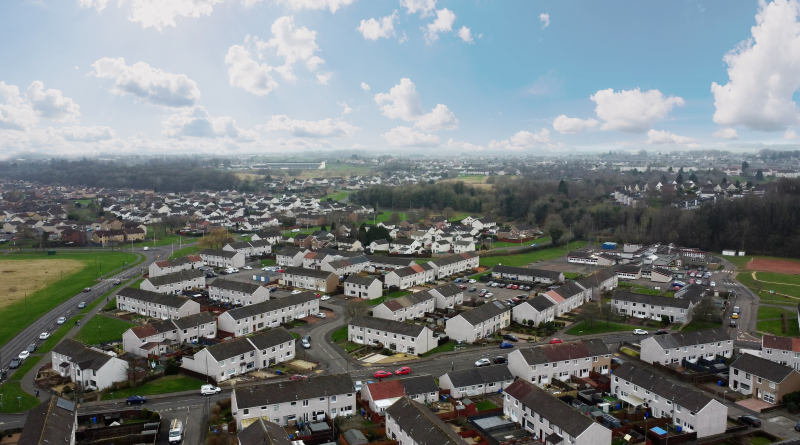Stirling Council to deploy portfolio wide connected home technology. Rollout currently largest of its kind in the UK which will boost resident health, safety, and wellbeing.
Stirling Council to deploy portfolio wide connected home technology. Rollout currently largest of its kind in the UK which will boost resident health, safety, and wellbeing.
- Pioneering: UK first scalable and secure technology rollout improves health, safety and wellbeing of council tenants
- Large scale: 50,000 smart devices across Stirling Council Housing portfolio will revolutionise tenants’ understanding of their home environment via easy-to-use app and assist them to take actionable measures from insights
- Rapid adoption: Aico and HomeLINK are installing 150,000 IoT devices now, but due to hit 1 million by end of 2024 across the wider social housing sector
Aico is the European Market Leader in Home Life Safety, committed to innovative technology solutions with a suite of HomeLINK IoT (Internet of Things) devices protecting people and property. Following Stirling Council’s IoT working trial with Aico, a wider rollout which includes environmental sensors to collect information around tenants’ homes will be implemented. Collected data will include temperature, humidity, and carbon dioxide (CO2) gas levels, along with smoke detection sensors and will dramatically improve the health, safety and wellbeing of residents. Tenants will be able to take actionable measures from insights via a mobile app.
This is the first full rollout of a multi technology and sensors connected home solution across an entire housing portfolio and currently the largest UK social housing sector rollout, with 50,000 IoT devices being installed over the next 8-10 years in homes managed by Stirling Council Housing Service. For more information, please contact Alex Garmston – Marketing Manager on alex.garmston@aico.co.uk or 01691 664100. For all the latest news please visit our website www.aico.co.uk
Environmental sensors around the properties will alert the council in real-time and provide early warning of damp, mould, ventilation and any other potential issues, while helping the tenant to understand energy consumption levels with heating their home. In a time of fuel poverty, connected devices more often seen in private dwellings are emerging as a powerful tool ensuring social homes are healthy to live in and used in an energy efficient manner. Homes will also benefit from a significant fire safety upgrade and be equipped with connected smoke, heat and carbon monoxide (CO) alarms.
Having the ability to identify the least thermally efficient homes means that Stirling Council as a landlord can take intelligence led decisions to target capital investment programmes at those properties. The Fuel Poverty Act (Scotland), also seeks to protect residents of all households but particularly those in rural, highland and island communities from facing fuel poverty.
Stirling council have around 20% of its housing portfolio in rural areas. Stirling Council is just one local authority that is working to implement environmental sensors into social housing properties across the UK. Residents gain access to information on their home’s condition and handy advice on the measures they can take to improve the quality of their home via a dedicated App for Residents.
The long term and methodical rollout intended follows a successful pilot project and sees Stirling Council at the forefront to providing tenants with a comprehensive view of the internal air quality environment in their homes. The initial pilot was part of a Scottish Government funded programme called CivTech, which aimed to drive innovation in collaborative and cost-effective technology across the public sector.
Aico and HomeLINK state that across the UK more than 150,000 IoT devices are connected in tenants’ homes and in use by social landlords. Based on current demand this number is expected to hit 1 million devices by the end of 2024 bringing about a paradigm shift in landlords’ efforts to comply both with regulations but also in offering tenants a better understanding of their home’s environment.
Several private sector landlords are already using connected IoT devices to pre-empt issues. By connecting all of its housing stock, Stirling Council will continue to make intelligence led and data based decisions when maintenance teams now conduct regular safety checks, planning staff can identify trends and improvements, plan budgets and make property investment decisions. It will also trigger preventative maintenance measures by alerting staff to early causes of deterioration in a property’s environment.
Residents using the free app gain a view of the safety and health of their indoor environment. The app also provides advice and guidance on how to improve living conditions, and live a healthier and safer life whilst reducing carbon footprint and saving money on energy bills.

